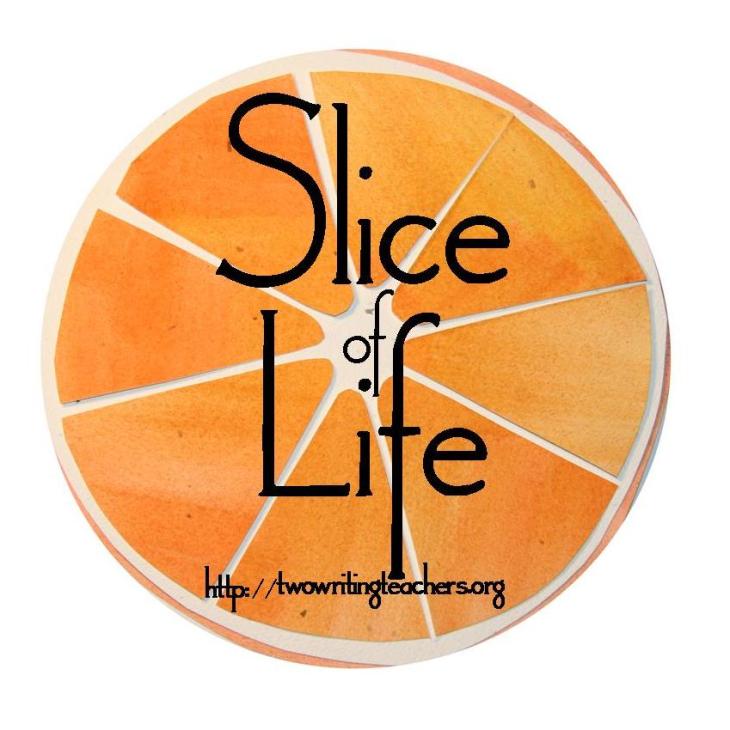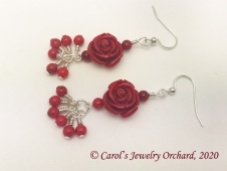Many (not all) of my teacher friends feel they are not creative. I am sure they are mistaken. It takes creativity to run a classroom, fill the minds of our youth, and make learning worthwhile. But, I think they are equating a formal hobby creating something with the definition of being creative. And, in that case, they might be right.
Many people, not only teachers, do not have creative hobbies anymore. I’m thinking of things like crocheting, knitting, jewelry making, gardening, quilting, stained glass making, baking, sewing, etc.. Hobbies sustain us whether we are good at creating or not. Creating can be relaxing and provide a sense of accomplishment on a particularly bad day. Hobbies can form the basis for friendships that last lifetimes and used as an excuse to get together (if you need one). Hobbies can also provide life long learning opportunities.
Teaching, at any level, is draining. I’ve taught at the college level, subbed at the elementary level, and created the lessons I taught for non-formal environmental education lessons in the field or as part of an after school enrichment group. There were days I taught that left me physically exhausted and emotionally drained at the end. There were days I could not wait to get back and do more.
But, having a hobby I could turn to, no mater was type of day I had, was an investment in myself. It was something I could do at home, in my “off” hours, and provided an activity to look forward to, apart from my identity as an educator. For this reason, I would encourage everyone to have a hobby. If you don’t have one, find one before retirement. One of my hobbies is jewelry making. I find that part of what attracts me to keep at this hobby is that it is constantly evolving. I can change mediums, change materials, change where I shop for supplies, and even change where I make the pieces. It is up to me to decide. And, that is another important aspect of hobbies. One can choose what to make, how you make it, when it gets finished, how it is marketed, what price to put on it (if you choose to sell it), and more.
The autonomy of hobbies is much different than the autonomy one experiences in a classroom or office. Hobbies focus on the person doing them, not the other way around. Many people I know, both family and friends, are approaching retirement age. Many do not have any hobby – they’ve devoted themselves to their profession. And, while that is admirable, I would strongly suggest they find a hobby before ending up with a lot of time on their hands with which they do not know what to do to keep busy. Several things of interest can be tried and then a decision can be made about what might deserve more time for exploring in greater detail. Retirement can be a time to finally get creative!
Do you have a hobby? If so, what is it?









I used to have so many hobbies – knitting, crocheting, even needlepoint. I don’t know why I’ve let go of these things. I enjoy them so much! Thank you for reminding me to get back to some of these hobbies. I think it will help me relax!
LikeLiked by 1 person
I think you are right about the relaxation. I tried giving up my beading hobby last year when I started a new job but found that I really missed it. It does help me relax and that is a major reason I went back to beading.
LikeLike
I knit. I just made a nightstand scarf for one side of the bed / working in the second one. Made several scarves for Christmas gifts. It’s so relaxing. And I have do much room to learn and improve!
LikeLiked by 1 person
I remember the scarves you made when you lived here, Peg! Glad you are still at it! I tried knitting and am not very good at it. It’s something I’d like to be better at doing. Thanks for visiting!
LikeLiked by 1 person
What beautiful pieces! I think you are right that fewer people have hobbies these days. I used to knit and garden and bake. Emphasis on “used to.” Your post has me wondering why I ever stopped, because I did enjoy having creative pursuits. I’m going to have to think about this more! Thanks for the nudge to rekindle some old interests or maybe find new ones!
LikeLiked by 1 person
Thank you for the compliment! I hope you do return to one or more of your hobbies. Or, maybe find a new one. They do relax me!
LikeLike